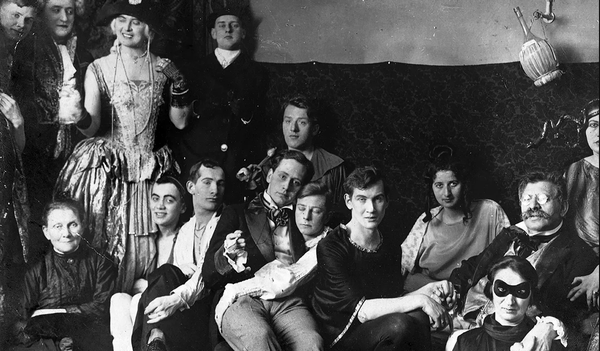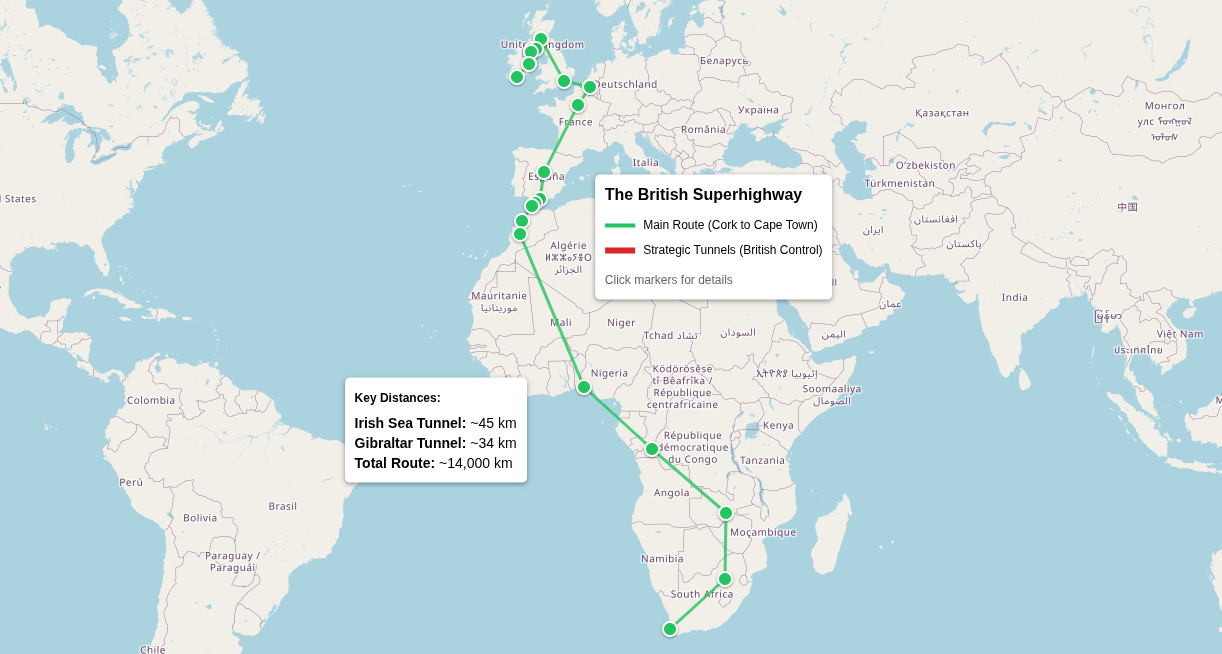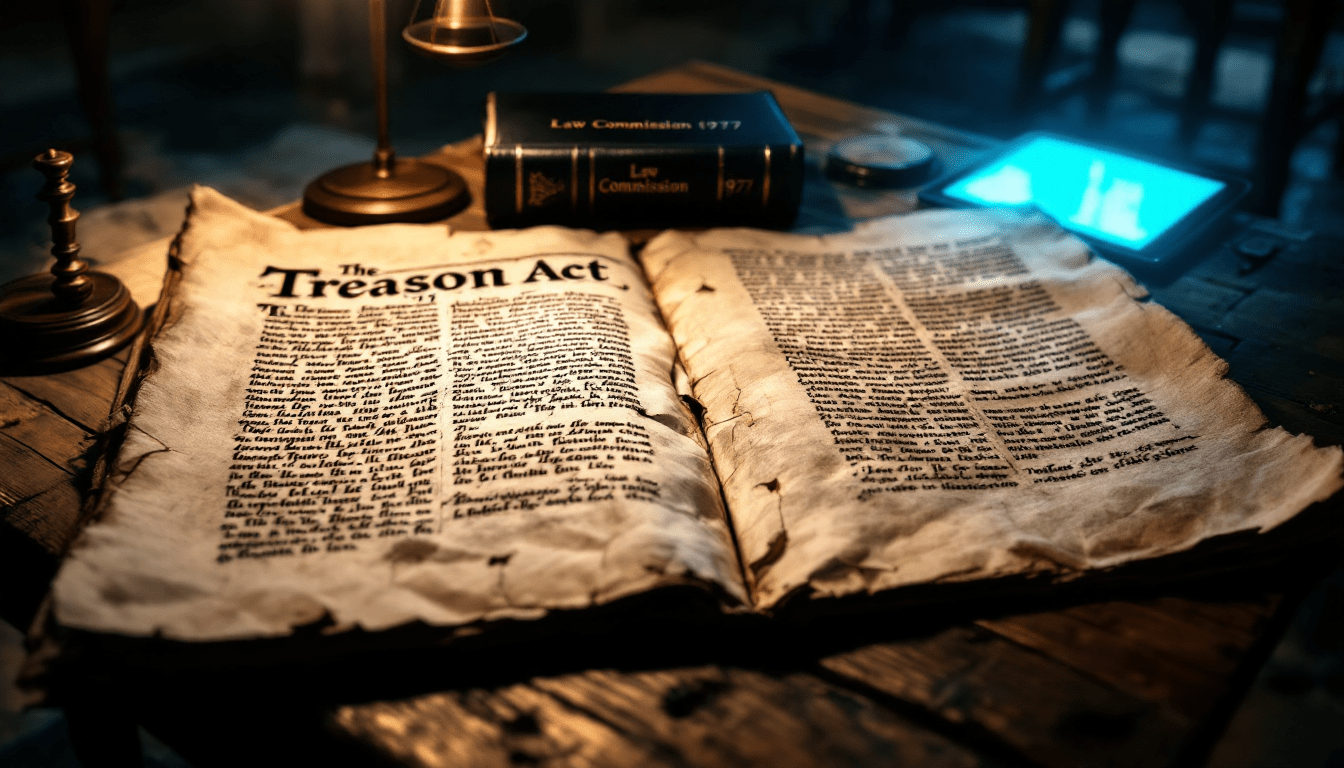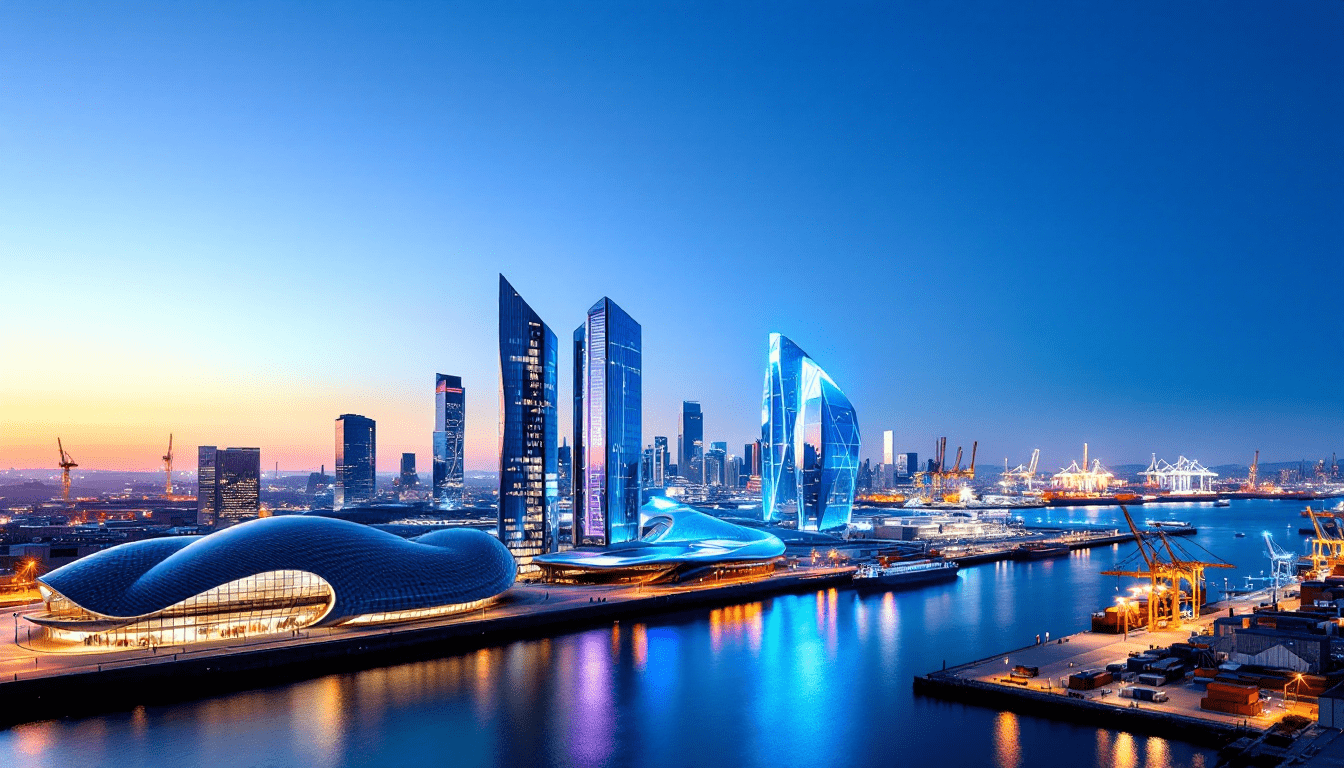Why Are Our Bumbling Police Inflaming Civil Tensions?
Police attempts to balance competing protest rights by escorting masked counter-protesters into conflict zones bring back memories of the disgraced Special Demonstration Squad, raising questions about provocateur involvement and whether perceived favouritism undermines public trust.
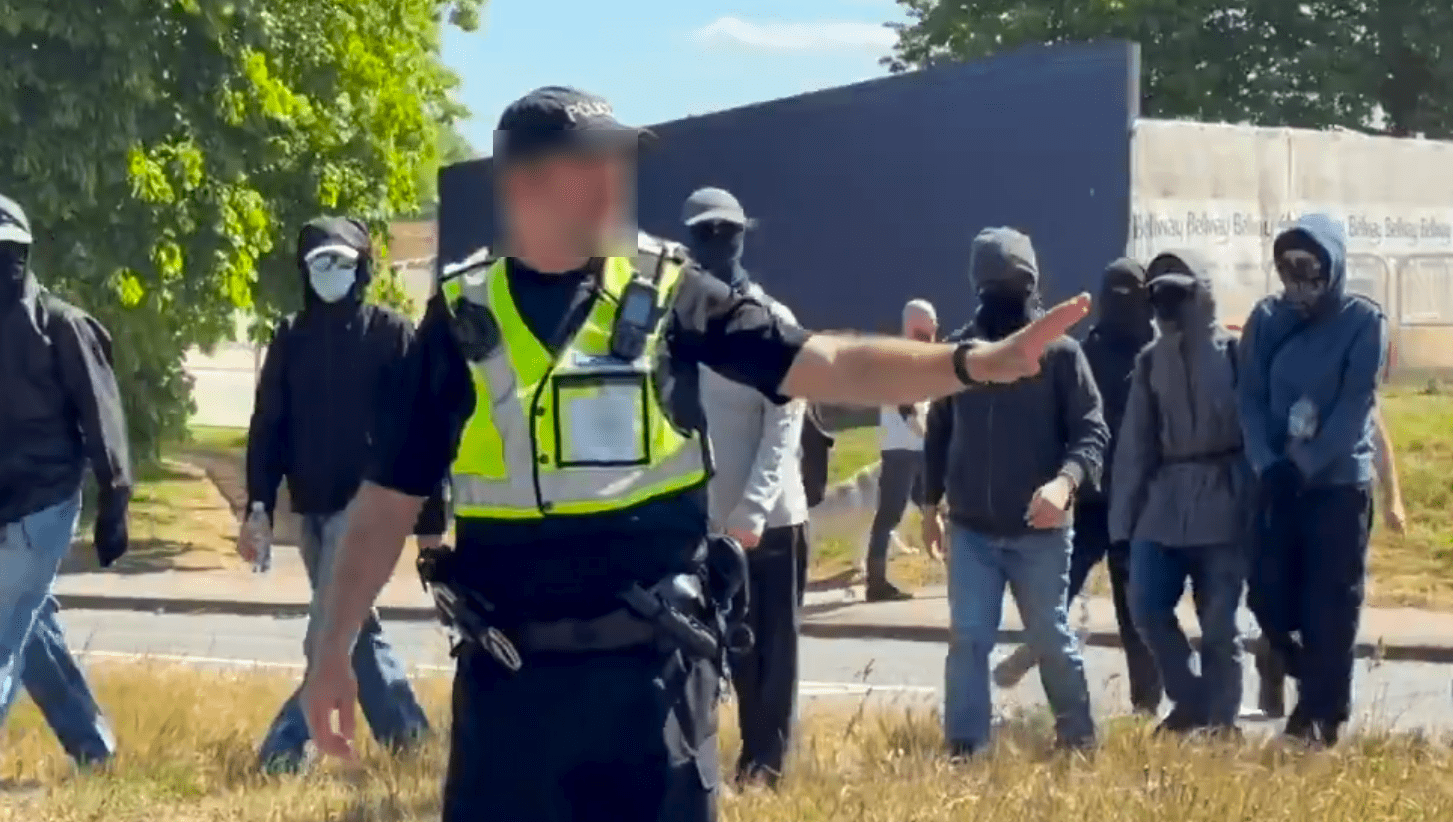
In the wake of the Epping protests, Essex Police have now confirmed officers escorted counter-protesters from Stand Up To Racism to the Bell Hotel. A site already the focus of growing public anger following the alleged sexual assault of children by recently-arrived asylum seekers. Stand Up To Racism's arrival appeared to coincide with a sharp rise in tension, not least due to the presence of an individual police were quietly ignoring.
This shapeshifting organisation is backed by trade unions, and frequently condemned by the mainstream left; even its socialist comrades. It "began" as an front group of the Socialist Workers’ Party in the 2000s (which it denies), coalescing with "sister" front group Unite Against Fascism. It re-emerged as the Stop the War Coalition in 2003. The SWP itself dramatically collapsed after a series of sexual assault scandals between 2010 and 2013.
In recent days, it has claimed, without evidence, "a neo-Nazi party is central to organising the anti-refugee protests that have led to riots in Epping." They refer to the attendance of members of a registered political party. Widely-spread video footage actually shows the exact opposite: the protests were led by local women and children worried about their safety after documented sexual assaults, and hard-right groups publicly explained why they would not be attending.
These trade union-supported front groups go on, and on: Momentum, People’s Assembly Against Austerity, Campaign Against Antisemitism, National Assembly Against Racism, Socialist Appeal, Palestine Action, Labour Against the Witchhunt, Labour in Exile Network, Extinction Rebellion, Just Stop Oil, Enough is Enough, Love Music Hate Racism, Stop Trump coalition, Together Against Trump, and even the Stalinist Communist Party of Britain.
The Fog Of Adjudicating Rights
Police initially denied it. But video evidence soon contradicted them, showing uniformed officers escorting counter-demonstrators from a nearby station. Further footage captured officers escorting some of them away again, and into police vans, as the situation deteriorated. Protestors were left scrambling to escape the bottleneck they’d found themselves in, while the counter-protesters were videotaped being calmly driven out in air-conditioned police vehicles. The next day, the media had the temerity to publish articles about the cost of policing the Epping protests (£100,000). One wonders, did that figure include the escort?
The Assistant Chief Constable defended the decision as a matter of facilitating lawful protest and preventing greater disorder. But the perception is damaging: officers chaperoning one side of a highly polarised confrontation directly into the path of another. In the brilliance of the digital age, this author was able to observe several live streams from Epping. From their arrival, with infiltrators in tow, the atmosphere shifted and the police visibly lost control. That did not stop the media from reporting the following day the violence amounted to little more than “mindless thuggery”. They rather like such a convenient turn of phrase.
Even during the more spontaneous protests of summer 2024, tensions invariably rose when counter-protesters were allowed near the original demonstrators. On 4th August, outside the Holiday Inn in Bristol housing migrants, videotape shows Stand Up To Racism demonstrators were positioned around the hotel entrances under visible police protection, while those protesting over child safety concerns were pushed to the roadside, unprotected and unsheltered.
This is strange when the police would be eagerly aware of this organisation's violent history:
- Attacking police officers outside the BBC;
- Attacking police inside magistrates' courts;
- Mass arrests and charges for plotting violence at counter-protests;
- Attacking police while counter-protesting;
- ... you get the drift.
A Stark Contrast In Aldershot
By comparison, the ongoing protests outside a hotel in Rushmoor, organised under the banner "Rushmoor Says No", have been held almost weekly for over a year, with little incident. These demonstrations have remained orderly, good-humoured, and, in the proper sense of the word, peaceable. The hotel in question, located directly opposite Farnborough College, is reportedly housing over 350 illegal immigrants, a fact that has fuelled sustained local concern, particularly given its proximity to young female students. Despite this, and repeated pleas to the council, residents say they have been ignored. On more than one occasion, masked men reportedly appeared outside council meetings where locals had gathered to raise their concerns.
During the 2024 unrest, when a widely circulated and now discredited list labelled local protests as “far-right,” Stand Up To Racism did attempt to travel to Rushmoor. But unlike elsewhere, their presence was met not with confrontation, but ridicule. The locals recognised immediately these so-called counter-protesters weren’t from the area, and certainly weren’t there in defence of the community. In Rushmoor, it became clear just how genuinely local, and deeply rooted, these protests truly are. There were no riots in Rushmoor, but it did not stop BBC television reporting there was.
On the same evening (2025) as Epping, Rushmoor also held a protest. But because it was a genuinely local affair, counter-protesters had neither the time nor the signal to mobilise. The night passed quietly: no kettling, no scuffles, no dash for cover, no injuries, and not a hint of damage. Yet nowhere were these dynamics more explosive, and troubling, than in Southport.
Sadly, the situation has now changed. Hampshire Constabulary are on videotape escorting masked thugs to migrant hotel protests.
Strange Behaviour In Southport
The Southport riots remain a unique example when discussing the perception of alleged police protection or complicity with agitators. The scenes in Epping carry unsettling echoes of those which unfolded in Southport on 30th July 2024. There, video footage captured a masked man seemingly setting fire to a mosque fence, while a superintendent on duty stood idly by, surrounded by the smoke from the flash bang. He was not arrested, though others that night were. No explanation has ever been provided. Just as troubling, masked agitators appeared precisely where tensions were highest, and in several instances, police did not intervene but appeared to enable them, indirectly or otherwise.
The now-infamous list of 39 “targeted locations,” published by convicted criminal Andrew Macintyre, all of which were fabricated but re-circulated by activists, suggests a strategy of provocation. The list, supposedly charting imminent ‘far-right riots,’ didn’t attract the "far-right" at all, it summoned the far-left. As Nick Lowles of Hope Not Hate proudly declared at the time: “An anti-racist message is being transmitted into millions of homes this morning”. This was made unmistakably clear by the matching sea of pink and yellow Stand Up To Racism signs splashed across every single national newspaper the very next morning.
In practice, this means that the legitimate protest in Epping, where local mothers and fathers gathered out of concern for their children is now almost certain to be politcially hijacked by activists on both sides. Stand Up To Racism may return, in numbers, flanked by cameras and slogans, presenting themselves as the moral counterweight. The media will presumably follow suit, theatrically reframing the protest not as an outcry over child safety, but as a clash between "racists" and "anti-racists." With that single editorial switch, those who stood outside the Bell Hotel, including victims’ families, will be silenced. Not merely ignored but smeared. If the side propped up by the state and broadcast across the media is “anti-racist,” then, by definition, those on the other side must be racist. And that is the trap. The branding is not incidental, it is essential. The language of morality is weaponised, and the cost is paid by those with the least power to defend themselves.
When one group is escorted forward and another arrested, or when an arsonist appears to be shielded while a group chat organiser is sentenced to 7.5 years, partly for a knife found at his home, public confidence is deeply undermined. In Andrew Macintyre’s case, his phone was reportedly located in Southport, yet he was never identified in any footage of the event, and the riots he was accused of organising never materialised. One could reasonably ask: was Andrew Macintyre truly as connected to “far-right” circles as initially claimed? The courts appear to believe so, despite a hoax list of targets, and discrepancies remain.
Many long-standing commentators even went so far as to claim the so-called riots were staged provocations. Hence, no turnout. The much-hyped account identified by Hope Not Hate, supposedly belonging to Macintyre, gained little traction when promoting the “uprising.” Despite consistently targeting prominent English provocateur accounts, his pleas were reposted by just five unique users, most with fewer than 100 followers, and attracted the resounding engagement of exactly zero comments.
This accusation is not without precedent or logic: tactically inflaming confrontation can quicken its dispersal. In 2015, an official Undercover Policing Inquiry was launched by the Home Secretary to scrutinise these practices; it is ongoing.
British police have a recorded history of deploying undercover agents in protest groups who crossed the line into provocateur territory, including encouraging illegal actions and actual participation in crimes. Established in 1968 and operational until 2008, the Special Demonstration Squad (SDS) & National Public Order Intelligence Unit (NPOIU) infiltrated left-wing protest groups, anti-war activists, and environmental campaigners.
From 2003–2010, Mark Kennedy (“Mark Stone”) deeply embedded himself in environmental and political activism. His role extended beyond secret observation — he took part in organising, funding, and allegedly encouraged acts of civil disobedience, qualifying as agent provocateur behaviour. His exposure in 2010 led to the collapse of trials (e.g., Ratcliffe-on-Soar power station case, 2009), as courts deemed his involvement entrapment or provocation.
A former SDS officer, Bob Lambert (“Bob Robinson”), fathered a child with an activist and was accused of actively participating in violent or criminal acts—such as allegedly setting fire to a Debenhams store in 1987—while undercover.
For all the noise surrounding it, his campaign landed with the impact of a pub quiz in Bradford. If this was the great far-right mobilisation, it was delivered with the stealth and subtlety of a man shouting into an empty shed, while the garden party attendees look on with polite bafflement. Commentators on both sides have studied these matters for decades; indicating they are far from the uninformed or gullible figures portrayed by much of the media. But this erosion of trust extends beyond the police and infiltrators.
Amplifying For Political Interests
Stand Up To Racism and Hope Not Hate have played roles beyond counter-protesting, actively manipulating storylines and outcomes. Hope Not Hate's exposure of Andrew Macintyre’s identity, linked to “168 separate social media accounts,” raises questions about their methods and reach. Reports of clumsy amateur operatives using multiple aliases in the process of violating terrorism laws to infiltrate local groups deepen the intrigue. While these activities suggest hidden layers to the conflict, Hope Not Hate's credibility suffers due to an endless serialising of false claims, such as alleging imaginary acid attacks during the riots, and another incorrect report Macintyre was arrested in Southport with a knife and then bailed. These missteps cast doubt on the group’s intentions and intentions, not least because one would expect a group so obsessed with misinformation to take measures to avoid spreading quite so much of it themselves.
Stand Up To Racism appears to have been consistently escorted and protected by police at these contentious protests, with their presence frequently shifting the atmosphere from peaceful to confrontational. While there may be good faith operational reasons for such police decisions, the absence or contradiction of these reasons steadily erodes public trust.
Given the apparent recognition of last year’s unrest, little suggests the underlying issues have been addressed. Already, new protests are surfacing across the country. With approximately 370+ immigrant hotels currently in operation, many situated within or near residential estates, and grooming gangs still operating, tensions remain high. Ironically, even towns like Rotherham, once at the centre of the rape gang scandal, now face the added challenge of a Holiday Inn hotel housing asylum seekers, located next to a housing estate. That same hotel was set on fire by rioters during the unrest of 2024.
Until forces can convincingly explain why they act as they do, and for whom, they risk losing something more important than control of a crowd: the belief that they serve the public, not a side.


